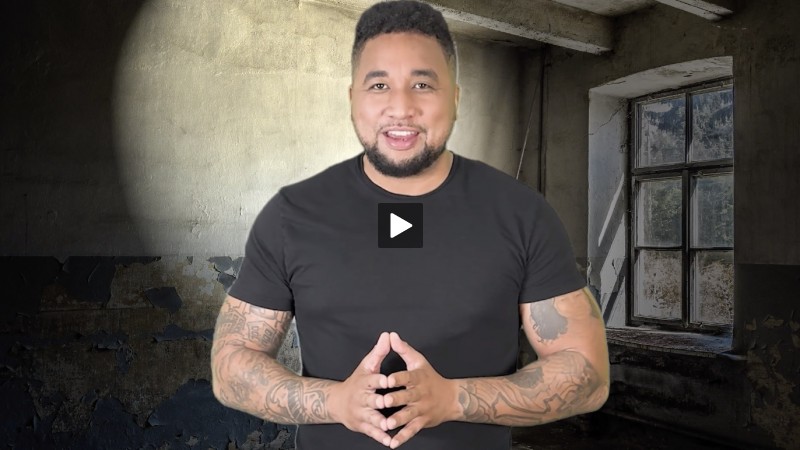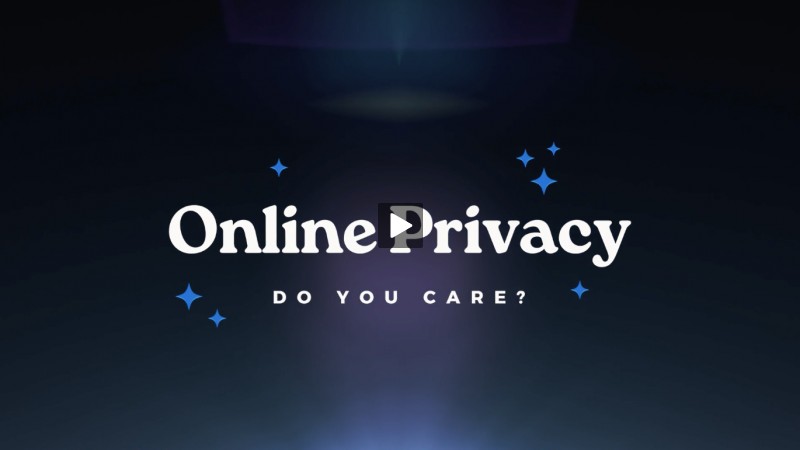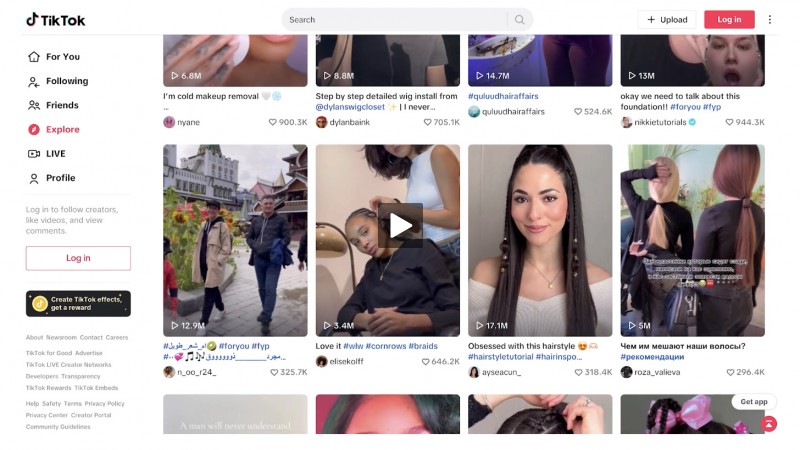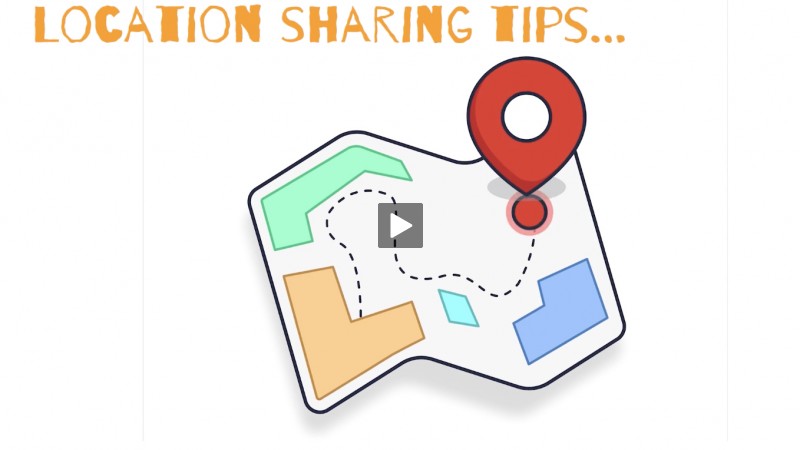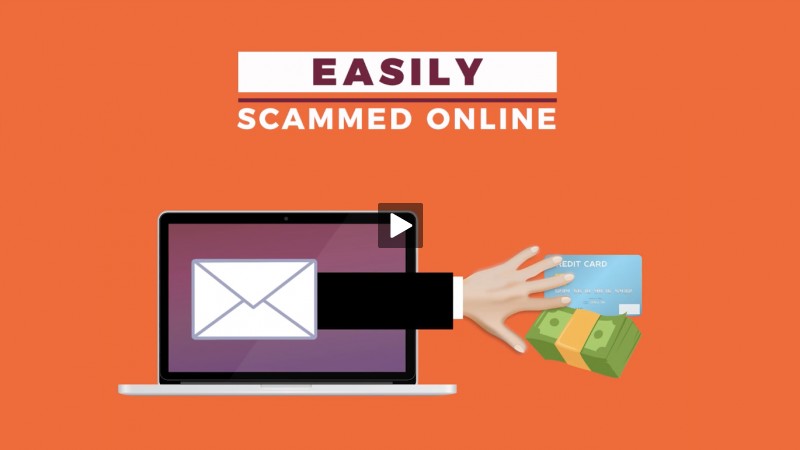Working to Pay Down Debt? Avoid Debt Relief Scams and Bad "Services"
- Details
- Written by Remar Sutton
- Category: Articles

Millions of Americans owe thousands of dollars on credit cards, student loans, medical bills and other unsecured loans or bills. Many are struggling every month to make minimum payments on what they owe. Even people who are managing their payments would love to pay less. Such circumstances make consumers with debt easy targets for debt relief and debt consolidation scams and schemes.
Know these major red flags used by entities pushing their services!
Protect yourself against signing up for phony or ineffective debt relief or consolidation schemes that may cost you more money and increase your debt, may open you up to identity theft, and generally dump you in financial "hot water." Know these major red flags used by entities pushing their services!
-
They promise or "guarantee" to reduce interest rates or reduce the amount owed. Often this claim is made in promos on websites or in emails, robocalls, or snail mail. No company, including long-established, reputable credit counseling agencies or law firms, can guarantee that they can successfully negotiate with creditors to achieve a reduced interest rate on individual loans or to get the creditors to reduce the balance owed. Such "promises" and "guarantees" are red flags.
-
They ask for upfront fees. Asking that you pay up-front fees for services before the company provides services is illegal in most cases. Outfits demanding such fees also do not provide upfront a contract spelling out exactly what they will do and the costs. That's also illegal. Scam outfits are just interested in stealing your personal information and your money.
-
They imply or claim that their debt relief program has legal or government backing. Typical statements may contain wording such as "you have a legal right to settle your accounts" or "the Congress has passed recent legislation giving you the absolute right to settle your accounts." Such tricky wording implies to most people that "settle" equals "reduce." Such a claim is misleading but meaningless. Avoid companies making such misleading statements.
-
They offer a fee-based program to lower student loan payments. As student loan debt has grown, these scams have multiplied. Such sleazy companies are simply charging for programs that the federal student loan program offers for free at StudentAid.gov. As the Department of Education advises, never pay for services and personal advice that StudentAid.gov offers for free. Federal programs that offer reduced monthly payments include flexible, income-based repayment plans. No programs other than StudentAid.gov offers federal loan reduction programs that can reduce the amount of money you owe. Such federal programs include reduction for public service or teaching programs and loan forgiveness programs.
-
They pressure you to sign up quickly for a "guaranteed" "low-rate" consolidation loan. A legitimate consolidation loan from a reputable lender may be a good option for some individuals. For example, a federal consolidation loan for federal student loans offers many individuals a good choice to better manage student loan debt. But the media attention paid to student loan debt and borrower worry has brought out the scamsters. Many advertise that borrowers can take "advantage of a secret option to handle debt"—a debt consolidation loan. They imply that such a loan offers a way around the "demands" of credit card companies or student loan servicers. Many are not offering a consolidation loan at all, but a "debt management program" where they supposedly negotiate with your creditors to lower payments and then you make one monthly payment to the "debt relief" company who pays your creditors and keeps a hefty monthly fee for themselves. The worst of such companies are just interested in your payment and never pay any of your creditors. The best of such companies over the long term tend to cost you much more money in fees.
If you are interested in a consolidation loan talk first to your credit union or bank about what programs they offer. Many offer a genuine consolidation loan (which may be an unsecured personal loan) that you use to directly pay off specified loans. For federal student loans, consider the direct federal consolidation loan. For private consolidation loans, compare loan offerings and terms from multiple, established lenders and choose the one that is best for you. There is also the option of using a home equity loan to pay off debt, but before signing up for this loan consider very carefully the dangers of putting your home at risk to pay off unsecured debt.
Getting More Help Managing Debt and Credit
If you are struggling to pay down debt and meet your other financial obligations, you may benefit from legitimate credit counseling from an established, nonprofit credit counseling agency. Ask your credit union or bank for a recommendation (many financial institutions have a relationship with a reputable service). Check out all recommended agencies and their track records with your local and state consumer affairs office or attorney general and with the Better Business Bureau. Never sign up for a program without a thorough review of what specific services they will provide and of what your obligations are; they should also share up front a written contract that spells out those services and terms. Taking active steps to manage debt before you get in serious trouble is the smart thing to do.
For More Information
"Learn to Spot the Telltale Signs of Debt Relief Scams" by Michele Singletary, nationally syndicated personal finance columnist for Washington Post.
Coping with Debt from the FTC


















